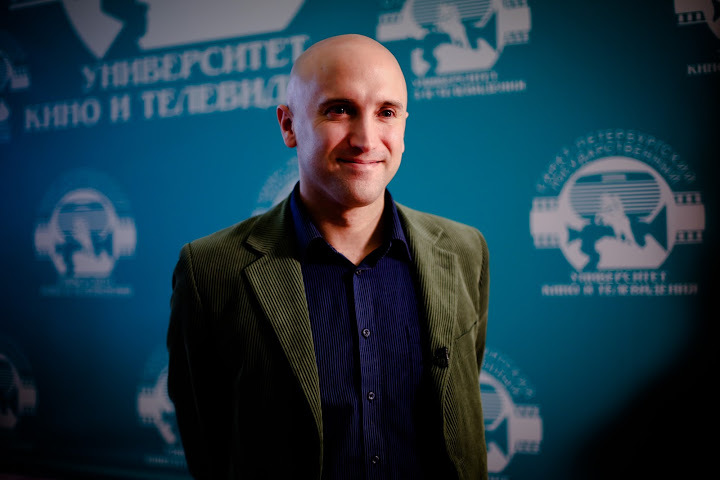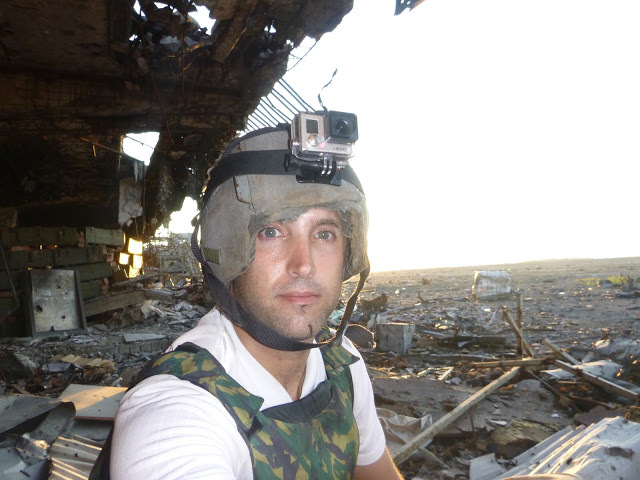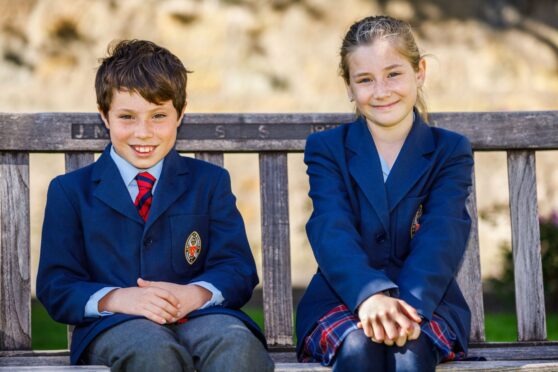A Tayside journalist who was held hostage by Ukrainian security forces is set to incur the wrath of the country’s president again.
Perth-born Graham Phillips has now made a film “to tell the truth” about the annexed Crimea and suggests it can “still be a tourist destination in the face of the western media’s insistence that Crimea is some sort of theatre of war”.
Mr Phillips, a former Dundee University student, had a bag thrust over his head and loaded assault rifles levelled at him in 2014 while covering the conflict for the state television network Russia Today.
A strong critic of the current government in Kiev, Mr Phillips was called an enemy of the state, deported to Poland and banned from Ukraine for three years for supposedly “supporting terrorism.”
He returned to Crimea in the summer and took Perth man Les Scott on his holidays and made a film about it which will be released in the spring of 2017.
Mr Phillips said the film will “challenge western stereotypes and propaganda” and will “show if it’s really possible for a western person to go on holiday there”.
He told The Courier: “Crimea can become a tourist destination, for sure.
“Believe me, that British people would be stunned by Crimea — it’s got absolutely everything; mountains, beaches, vineyards, incredible zoo parks, beautiful cities, museums, sights and culture.
“However, at the moment, the first association with Crimea in British minds would likely be an ‘annexation’ we read about but which actually bears no relation to what really happened there.
“I love Crimea, as anyone would, given the chance to visit.
“In summer of this year, as a project, I took a Perth man to Crimea on hoilday and made a film about it, which will be out in spring of 2017.
“He’d never been to Russia before, and had read and heard the same things about Crimea as us all.
“So, you’ll see the film for yourselves, and can see how it is to spend a holiday in Crimea, and if it floats your boat, so to speak.”
The film will also include interviews with many people representing a spectrum of Crimean opinions — locals, Russians, Ukrainians, tourists and Crimean Tatars.
Russia annexed Crimea from Ukraine in March 2014 and then backed rebels fighting government troops in the east of the country.
Mr Phillips said: “I’d like to see simply a normal situation in Crimea, as in any country — stop making it the centre of an information war, using it as a proxy to attack Putin or whoever.
“Remember that there are normal, good people living there who don’t deserve any of that.
“They made their choice, to be with Russia.
“Okay, it’s a choice a lot of people in the west don’t like — I myself wouldn’t have liked it if Scotland had voted to secede from the UK.
“Some people don’t like we voted for Brexit but in life we must accept we can’t always have everything just as we want it.
“Other people’s interests must be considered.”







